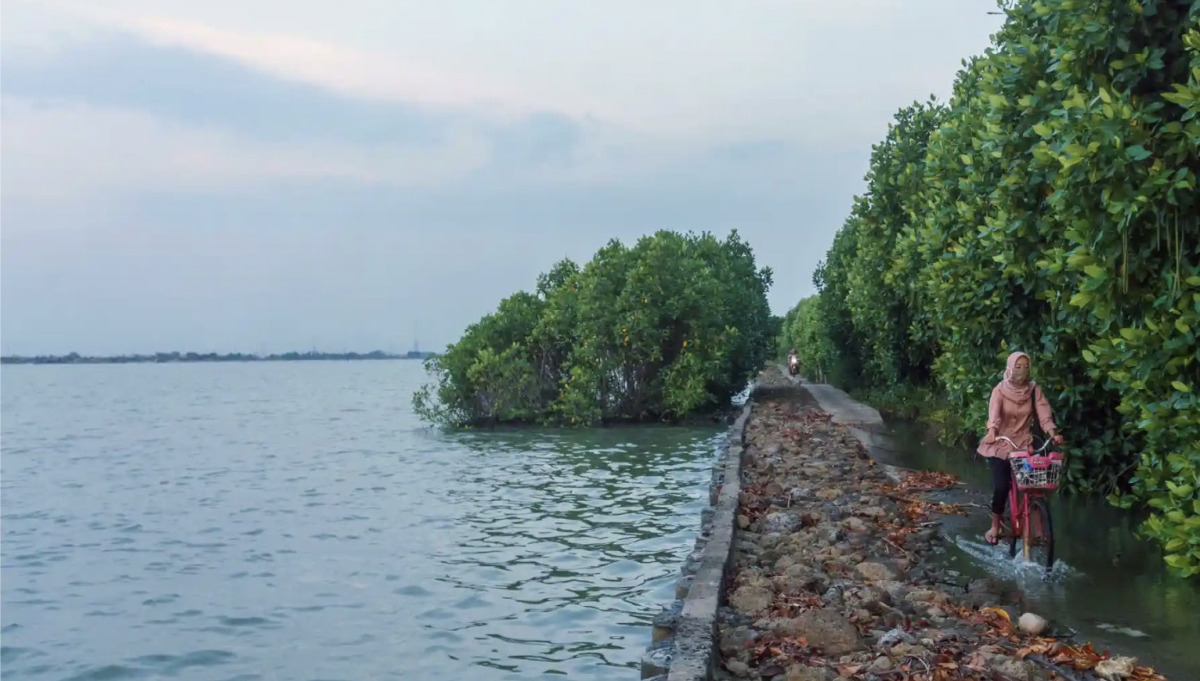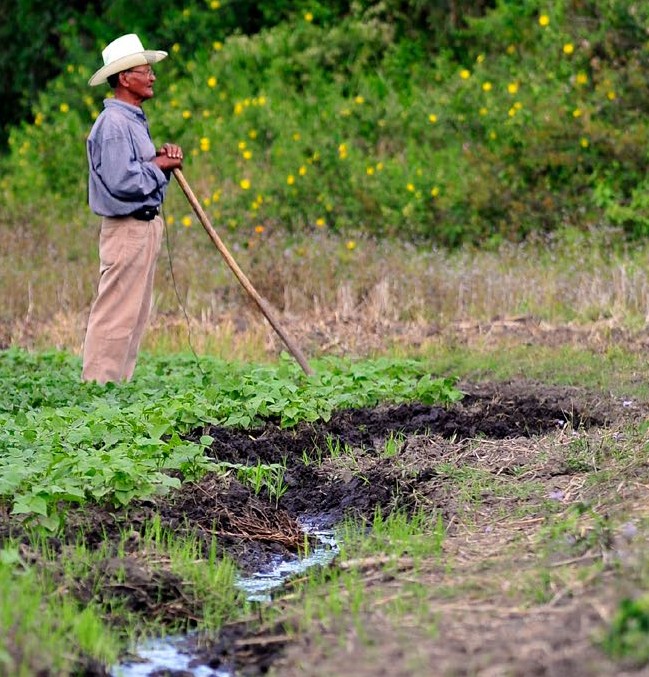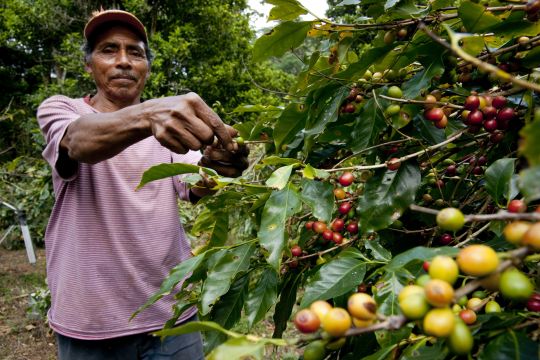Costa Rica
Public Engagement on Climate Change Adaptation: A briefing for developing country National Adaptation Plan teams
This report, jointly prepared by Climate Outreach and the NAP Global Network, provides an introduction to public engagement on climate change adaptation. It makes recommendations for how to make public engagement with climate adaptation inclusive and effective, and how to make links to the Action for Climate Empowerment (ACE) agenda under the UNFCCC and the Paris Agreement.
Política Nacional de Adaptación al Cambio Climático de Costa Rica 2018-2030
Esta Política se plantea como marco rector que orientará las acciones del país en materia de adaptación. Nuestro país adquirió el compromiso de formular su Plan Nacional de Adaptación al 2018 en el marco de su Contribución Nacional ante el Acuerdo de París de la Convención Marco de las Naciones Unidas sobre el Cambio Climático en Setiembre del 2015, el cual fue ratificado por la Asamblea Legislativa el 6 de Octubre del 2016.
Climate Services for the Road and Bridges Infrastructure Sector in Costa Rica: Baseline Assessment Report
The assessment report provides an overview of the Climate Service inventory, which encompasses currently available Climate Service capacities and specific products. It furthermore reflects the current use and demands of Climate Services from the road infrastructure sector.
Evaluación de Riesgo de la Infraestructura ante el Cambio Climático: Puente sobre Rio Tempisque
A continuación, se presentan algunos aspectos de cómo surge el proyecto, cuál es el alcance, la definición del equipo de trabajo, la metodología utilizada y otros detalles de importancia.
Risk Assessment for the Climate Proofing of Infrastructure Investments: PIEVC Protocol
The PIEVC Engineering Vulnerability Assessment Protocol is a climate risk assessment tool developed by Engineers Canada and tailored to the needs of the infrastructure sector. This document briefly describes the seven steps in risk assessment for the climate proofing of infrastructure investments.
CSI Global Forum 2019 | Costa Rica
This article provides an overview of the CSI Global Forum 2019 held in Costa Rica.
Turning Science into Action Webinar Series Session 4: International and Country Adaptation Experiences
Hear from several countries discussing recent progress and challenges in implementing adaptation solutions through a cross-sectoral lens. In translating the IPCC WGII report findings into informed action, a key takeaway was the importance of community-based and regionally led action.
Turning Science into Action Webinar Series Session 2: Turning IPCC Science to Action – Joint session on Water & Infrastructure
Watch several experts explain how to turn the IPCC's science into action in this session on water and infrastructure conducted by the AAC and WRI.
Integrating ecosystem-based adaptation and integrated water resources management for climate-resilient water management
This study explores how ecosystem-based adaptation and integrated water resources management can be merged to achieve greater climate resilience in watersheds.
Ecosystem-based adaptation for smallholder subsistence and coffee farming communities in Central America
Climate models indicate that Central America will likely experience warmer and drier seasons and increases in the frequency of extreme weather events as a result of climate change. Smallholder farmers are likely to be particularly vulnerable to these expected changes due to their high dependence on agriculture for their livelihoods and their limited resources and capacity to cope with shocks. There is therefore an urgent need to identify strategies that help smallholder farmers adapt to climate change. Improving the productivity and resiliency of smallholder farming systems is also critical for alleviating poverty and achieving food security.









